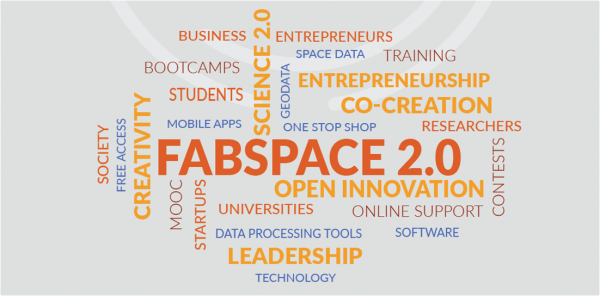CyberSec4Europe, a European summit on cyber security
The CyberSec4Europe project ended at the summit held on December 1st and 2nd in Brussels. It ends after four years of work. 43 partners and associates were part of the consortium. They have creatively and effectively achieved scientific advances in areas associated with cybersecurity. IRIT is represented in this consortium by 4 of its teams (ARGOS, ICS, RMESS, SIERA). The laboratory has a Strategic Application AreaCybersecurity, Heritage and People Safety







